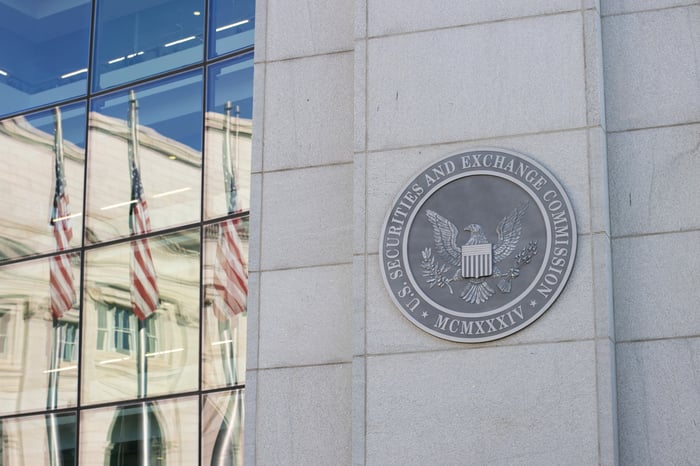Three news to start your week: October 7
SEC Enforcement Director Who Pushed for Big Fines Steps Down
(The Wall Street Journal)
Gurbir Grewal, who played a key role in intensifying the enforcement efforts against Wall Street and the rapidly expanding cryptocurrency sector, is leaving the US Securities and Exchange Commission (SEC), as announced by the agency.
Appointed in 2021 as the director of the enforcement division, Grewal, a former New Jersey attorney general previously known only to a limited audience, quickly earned recognition for advocating for higher penalties against violations of securities laws and adopting a stringent approach to cryptocurrency regulation, which he viewed as a modern iteration of long-standing SEC oversight.
"The technology is essentially irrelevant. Our responsibility is to regulate markets and safeguard investors according to contemporary realities and inherent risks," Grewal asserted at a law school symposium in July.
Throughout his tenure, Grewal emphasized his commitment to restoring trust in both Wall Street and government institutions. He criticized past enforcement practices for their ineffectiveness in deterring misconduct, suggesting that they fostered a perception among Americans that regulators favored larger firms while targeting smaller entities with greater severity.

EU picks experts to steer AI compliance rules
(Reuters)
The European Union has assembled a select group of artificial intelligence experts to determine the compliance requirements for businesses under upcoming regulations governing this technology.
The European Commission will hold the inaugural plenary meeting of these external working groups, which are responsible for creating the AI Act's "code of practice." This code will provide detailed guidance on how companies can comply with the comprehensive laws.
Four distinct working groups focus on critical areas, including copyright and risk mitigation. Notable experts leading these efforts include Canadian scientist and AI pioneer Yoshua Bengio, former UK government policy advisor Nitarshan Rajkumar, and Marietje Schaake, a fellow at Stanford University's Cyber Policy Center.
Additionally, major tech corporations like Google and Microsoft will be represented in these groups alongside various nonprofit organizations and academic specialists.

Britain proposes new powers for banks in fight against fraudsters
(Reuters)
Britain is empowering banks with new enhanced authorities to delay and scrutinize suspicious transactions to curb the estimated £460 million ($610 million) lost to fraud last year. Proposed legislation from the UK finance ministry would allow banks to pause payments for up to 72 hours when they have reasonable grounds to suspect fraud. Under the current rules, banks must process or reject payments by the end of the next business day.
"Hundreds of millions of pounds are lost to scammers each year, targeting vulnerable communities and ruining the lives of ordinary people," stated Tulip Siddiq, Economic Secretary to the Treasury. "We need to protect these people better, which is why we are giving banks more time to investigate suspicious payments and break the criminal spell that scammers weave."
The UK finance ministry highlighted that 'romance scams'—where fraudsters deceive vulnerable individuals by feigning romantic connections to extract significant sums of money—have contributed to a rise in fraud cases, representing over a third of all crime in England and Wales.





